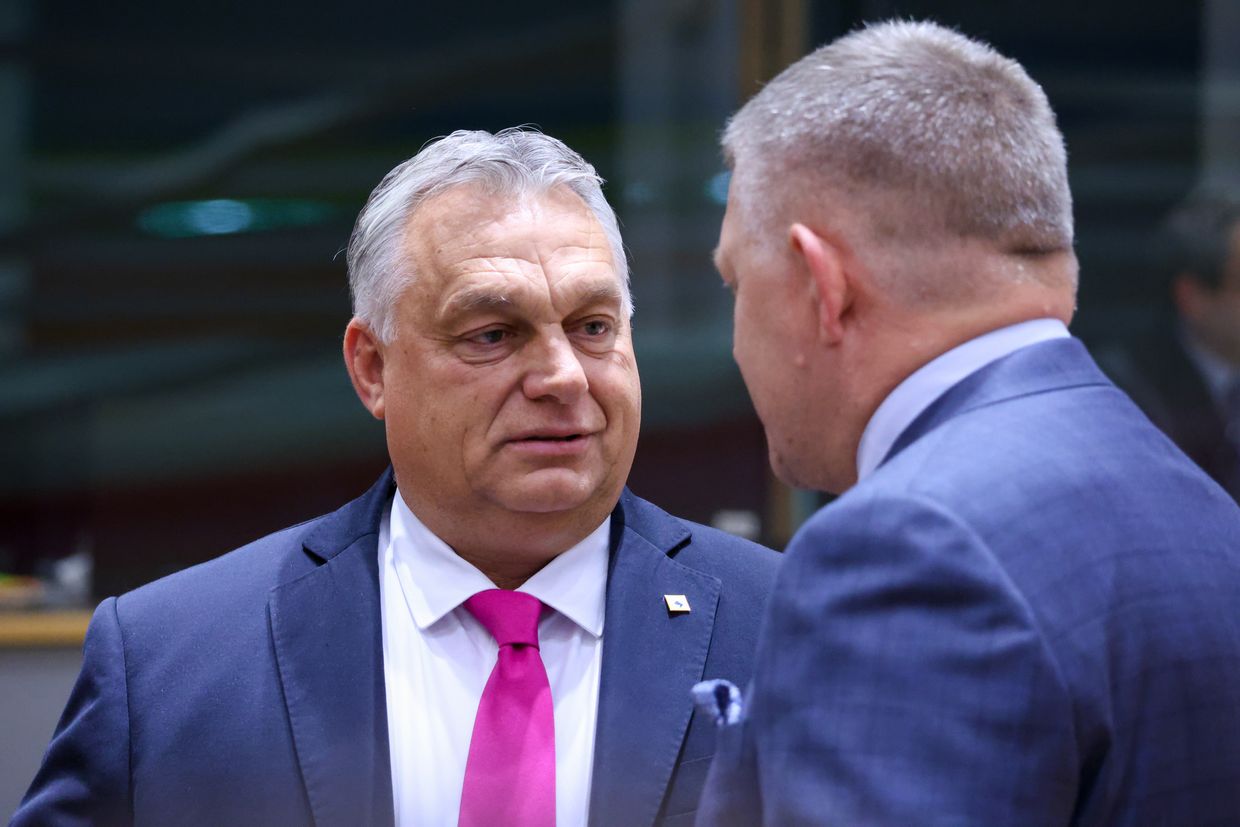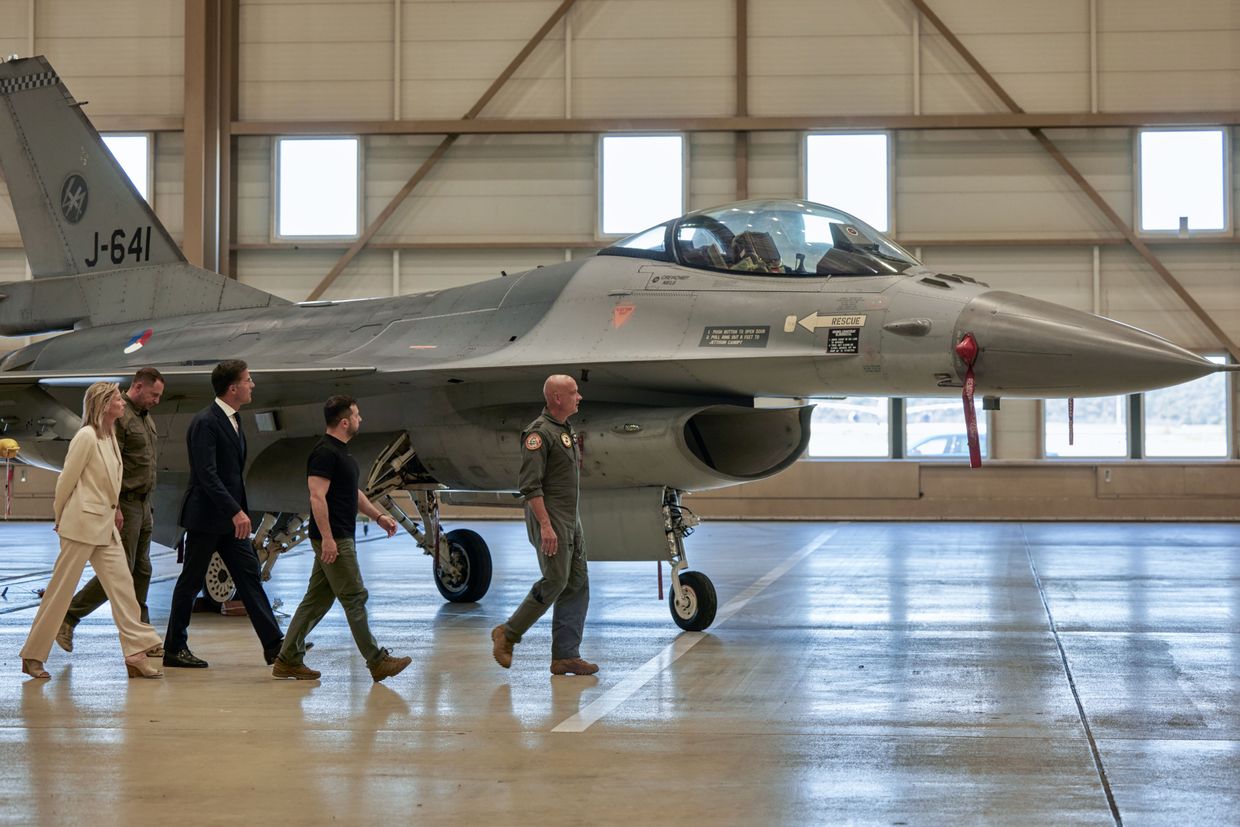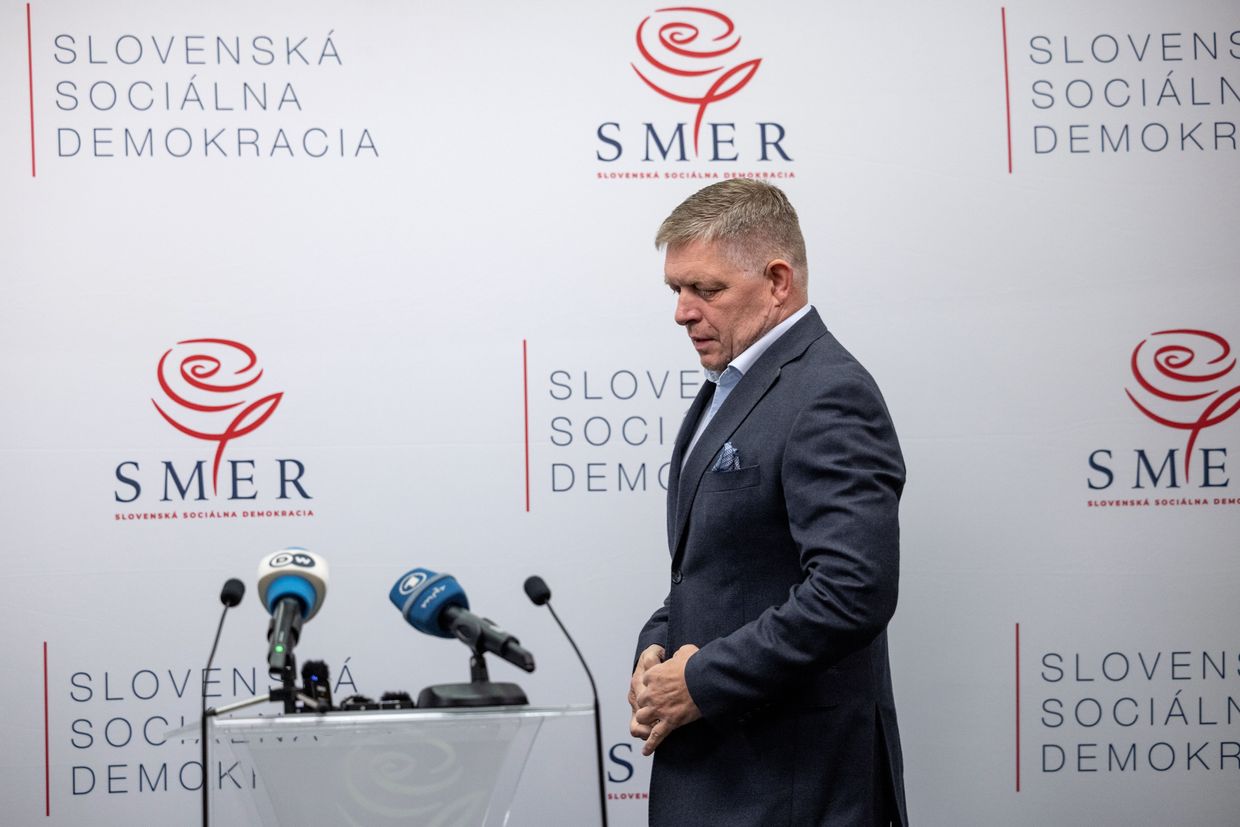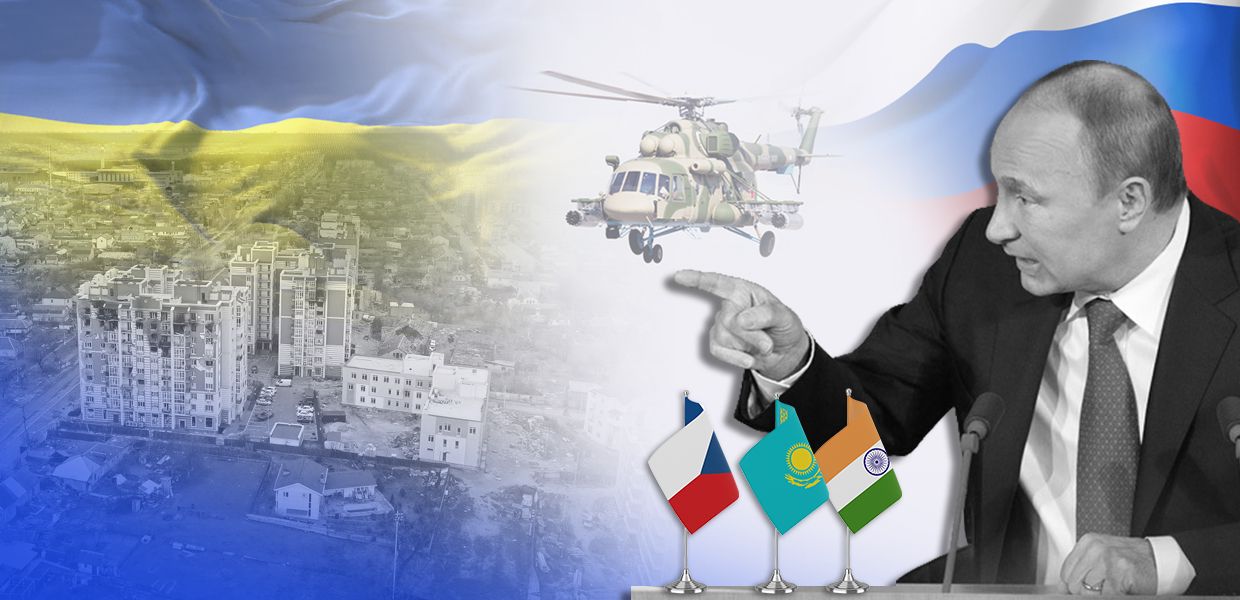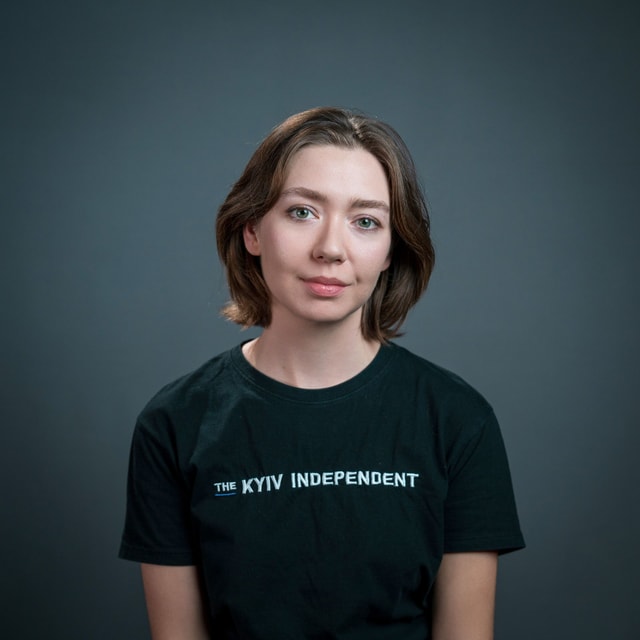From F-16s to frozen assets: How Dutch far-right's win could impact Ukraine

Nearly two decades after launching his far-right political party, mixing xenophobia with Euroskepticism, Geert Wilders emerged as the winner of the Dutch parliamentary elections on Nov. 22.
"The winds of change are here," said Hungarian Prime Minister Viktor Orban, after potentially receiving one more ally.
Wilders' Ukraine-skeptic and anti-immigration Party for Freedom (PVV) secured 37 of the 150 seats in parliament. The progressive Green-Labour alliance took 25 seats, while outgoing Prime Minister Mark Rutte's Party for Freedom and Democracy took 24 seats.
The result was a shock internationally and in the Netherlands. Just a week before the election, polls predicted the PVV would be left with just 17 seats.
Now, one of the few Dutch parties that called for ending military support to Ukraine in its election manifesto is likely to become a key member of a coalition government.
Wilders, who boycotted President Volodymyr Zelensky's speech in the Dutch parliament in May 2023, could be the next Prime Minister.
Under Rutte, who did not run for re-election, the Netherlands has been a staunch ally of Ukraine, sending aid and leading the international effort to supply F-16s.
The election result could signal the end of that era.
Military aid
"It looks like this is not favorable news for Ukraine," Julia Soldatiuk-Westerveld, a research fellow at the Clingendael Institute's EU & Global Affairs Unit, told the Kyiv Independent.
Since the PVV is against continuing military or financial aid to Kyiv, Ukrainians are wondering "if this means an end of support" from the Netherlands.
The election result contributes to "a growing worry in Ukraine that this is a tendency that could spread throughout the European Union," Soldatiuk-Westerveld said.
Wilders told the Dutch public broadcaster on Nov. 15 that while he "supports Ukraine politically" and recognizes that Russia is the aggressor, the Netherlands must be able to defend its own territory.
Dutch supplies are limited, and for that reason, military aid to Ukraine should end, Wilders said.
However, it remains unclear what exactly an end to military support would mean, said Geert Jan Hahn, Europe reporter at Dutch media outlet BNR.
"We don't know if this means he's against air defense," or other weaponry that directly protects civilians. "Or the European defense industry that we are now building up, producing ammunition to send to Ukraine - he didn't say anything about it because no one asked him," Hahn said.
The party's populist manifesto is vague on military spending but contains detailed positions on "preserving Dutch culture," banning the Quran, ending subsidies for art and culture, and raising the speed limit to 140 kilometers per hour.
The manifesto alleges that Rutte's support for Ukraine contributed to the weakening of national defense.
The previous government considered "foreign countries more important than our own country," the PVV claims.
Shady relations
Another reason many are concerned about what Wilders' electoral success means for Ukraine is due to his Euroskepticism and alleged ties with Russia.
Wilders criticized the EU for "instigating" internal tensions in Ukraine in March 2014, following the ousting of pro-Russian President Viktor Yanukovych.
Russia should "stay away from Crimea, but the EU has instigated this and thus once again demonstrated its bankruptcy," he said.
Wilders campaigned against the EU association agreement with Ukraine, which was the focus of a referendum in the Netherlands in 2016. 61% of voters voted against the association agreement, though turnout was just 32%.
In 2018, four years after 193 Dutch citizens were killed when Russian-led forces shot down a Malaysia Airlines (MH17) plane over occupied parts of Donetsk Oblast, he visited the Russian parliament.
"Stop the Russiaphobia. It's time for Realpolitik. Partnership instead of enmity," Wilders captioned a photo of himself standing in the Russian parliament in February 2018.
Documents leaked by Ukrainian hackers suggest that the Kremlin has been actively developing ties with the PVV since 2013, Dutch investigative website Follow the Money reported in October 2023.
The documents also showed that Wilders "tried to conceal his connections with Russia."
While the Russian full-scale invasion of Ukraine in February 2022 led Wilders to change tack and denounce Russia's aggression, he still disagreed with sanctions against Russia.
"They hurt our people in the Netherlands more than in Russia," Wilders said in parliament in September 2022, referring to sanctions in response to the full-scale invasion.
Wilders has also remained close to Orban. The Hungarian prime minister frequently aligns himself against EU support for Ukraine.
Their cooperation, together with Robert Fico, the new populist prime minister of Slovakia, could have an impact on the development of future EU sanctions packages, Hahn pointed out.
Consensus
A silver lining for Ukraine in the election result is that the Dutch political system survives on coalitions, with no one party gaining an absolute majority.
Wilders, an MP since 1998, understands that consensus-building will be key if he wants to get to a position of power.
While support for Ukraine is no longer "100% guaranteed," none of the other major parties have said they want to cut off support to Ukraine, Hahn said.
Moreover, polls suggest that around 85% of the Dutch population still supports Ukraine. "That's pretty big," Hahn noted.
The VVD, which will most likely be part of a new coalition government, does not look set to change the course of support for Ukraine.
"We know in our history what it is to be occupied, to be attacked. We feel very strongly, this is happening on our continent, among our neighbors. We must continue to help," said Dilan Yesilgoz-Zegerius, the leader of the People's Party for Freedom and Democracy, during a televised debate on Nov. 5.
Yesilgoz's party came third.

In forming a coalition, "even if one of the parties has extreme views on certain topics, the need for a compromise will have a softening effect on the policy on that specific issue," Soldatiuk-Westerveld said.
Providing support to Ukraine could be an issue that the PVV could compromise on if they want to rule.
However, when the Dutch last went to the polls in 2021, negotiations to form a new government lasted a record-breaking 299 days. The question, therefore, remains whether a PVV coalition could impact Ukraine and when.


